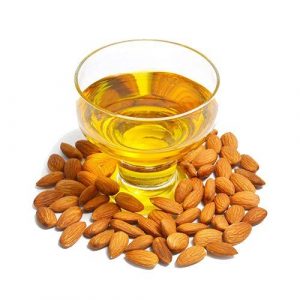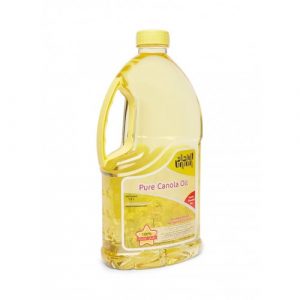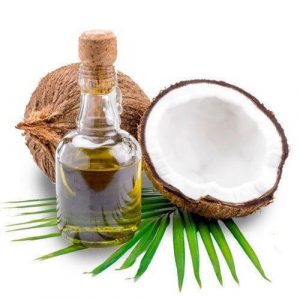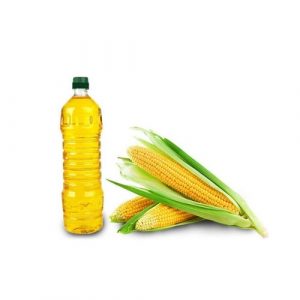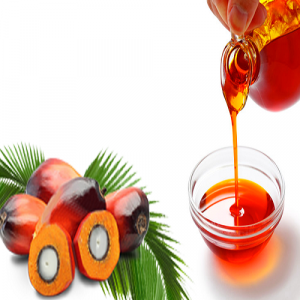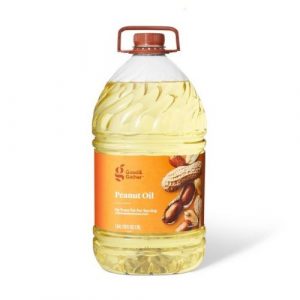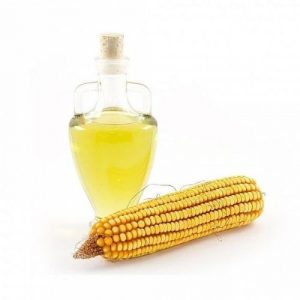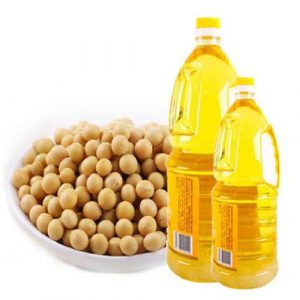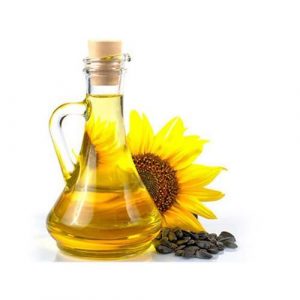-
Almond Oil
Almond oil
Almond oil is an excellent source of vitamin E and contains a small amount of vitamin K.
Most of the health benefits related to almond oil stem from its high amount of healthy fats.
Almonds are the edible seeds of the Prunus dulcis tree, more commonly known as the almond tree.Although almonds are commonly referred to as nuts, they’re actually the seeds found at the center of the almond fruit, which closely resembles a peach.
Almonds can be consumed whole, ground into flour and even made into non-dairy milk.
They are very rich in fat, making them a perfect source of oil.
Sweet almonds are the variety typically eaten and used to make foods, oils and cosmetics.
Meanwhile, bitter almonds are believed to have medicinal properties, though they can be toxic if they’re not properly processed. Moreover, they’re not widely available.
-
Canola Oil
Canola Oil
Canola oil is a vegetable oil derived from a variety of rapeseed that is low in erucic acid, as opposed to colza oil. There are both edible and industrial forms produced from the seed of any of several cultivars of the plant family Brassicaceae. -
Coconut Oil
Coconut Oil
Coconut oil comes from the nut (fruit) of the coconut palm. It contains medium-chain fatty acids, including capric acid, caprylic acid, and lauric acid.
About 52% to 85% of coconut oil is made up of specific saturated fats, called medium-chain fatty acids. It has a moisturizing effect when applied to the skin.
People commonly use coconut oil for eczema and growth in premature infants. It’s also used for psoriasis, obesity, breast cancer, heart disease, MS, and many other conditions, but there is no good scientific evidence to support these uses.
-
Crude Corn Oil
Crude corn oil
Crude corn oil is extracted from corn germ by squeezing or steeping with solvent.Full of fragrant scent and nutrition and with a typical corn flavor, it can serve as the refined raw material for margarine, salad and edible oil.
-
Crude Palm Oil
Palm oil
Palm oil is edible oil which is extracted from the pulp of fruit of oil palms. The color of pulp is red. That’s why crude palm oil is naturally similar to pulp color because of high inactive vitamin A content. It is different from kernel oil or coconut oil. Commonly it is combined or mixed with coconut oil to make highly saturated vegetable fat, which is also used for cooking purposes.Main use of CPO is for cooking purposes and is largely used in South-East Asia, West Africa and some parts of Brazil. Commercial kitchens use it due to its low cost. It’s not as healthy as its counterparts due to high content of saturated fats. It is also used for making bio diesel and one of it’s by products is Glycerin.
-
Olive Oil
Olive oil
Olive oil, oil extracted from the fleshy part of the ripened fruit of the olive tree. Olive oil varies in colour from clear yellow to golden; some varieties obtained from unripe fruit have a greenish tinge. Oils of varying characteristics and qualities are produced by almost every country that grows olives, the variations depending on the district and the ripeness of the fruit.
-
Peanut Oil
Peanut Oil
Peanut oil is a popular oil that is commonly used in cooking, especially when frying foods. Peanut oil, also referred to as groundnut oil or arachis oil, is a vegetable-derived oil made from the edible seeds of the peanut plant. -
Rapeseed Oil
Rapeseed oil
Rapeseed oil is high in unsaturated fats and vitamins E and K. It contains a beneficial ratio of omega-3 to omega-6 fats, which can positively influence heart health. -
Refined Corn Oil
Corn oil
Corn oil is a refined vegetable oil widely used in cooking and especially deep frying. It also has many other applications and is commonly used for industrial purposes or as an ingredient in cosmetics.Corn oil must go through an extensive refining process to be extracted from corn. It’s most commonly used as a frying oil due to its high smoke point but also has industrial applications.
During the process of extracting corn oil from corn, many vitamins and minerals are lost. Still, the oil has a fair amount of vitamin E.
Corn oil is 100% fat and provides 122 calories per tablespoon (15 ml). It’s mostly made of polyunsaturated omega-6 fats and contains some vitamin E.
Corn oil is high in anti-inflammatory phytosterols and other compounds that may help reduce certain heart disease risk factors, such as LDL (bad) cholesterol and total cholesterol.
Corn oil is high in inflammatory omega-6 fats and made from GMO corn. It’s also highly refined and produces harmful acrylamide when heated.
-
Refined Palm Oil
Refined Palm Oil
Refined, bleached and deodorized (RBD) palm oil is obtained from refining crude palm oil. It is a light yellow liquid and semi-solid at room temperature, melting to a clear yellow liquid on slight heating.
RBD palm oil is used as frying oil for food industries such as instant noodles and snack food. It can also be used to manufacture margarine, shortening, ice cream, condensed milk and soap.
-
Soybean Oil
Soybean Oil
Soybean oil is a vegetable oil that’s extracted from the seeds of the soybean plant.
It’s also incredibly versatile and can be used in a variety of cooking methods, including:
frying
baking
roasting
Soybean oil has a relatively high smoke point, which makes it a good option for high-heat cooking. It mostly consists of polyunsaturated fats, which are linked to lower cholesterol levels and a reduced risk of heart disease.Soybean oil is rich in vitamin K, which may help maintain bone strength and reduce the risk of fractures. One animal study also found that the oil may help prevent bone loss. It contains omega-3 fatty acids, which play a key role in promoting health and preventing chronic disease.
Soybean oil is rich in vitamin E, a nutrient that can help promote skin health. Applying it topically may protect against inflammation and help the skin retain moisture. It can also be applied to the hair and skin or combined with essential oils
-
Sunflower Oil
Sunflower Oil
Sunflower oil is made by pressing the seeds of the sunflower plant. It’s often touted as a healthy oil, as it contains unsaturated fats that may benefit heart health. However, any potential benefits of sunflower oil depend on the type and nutrient composition.

